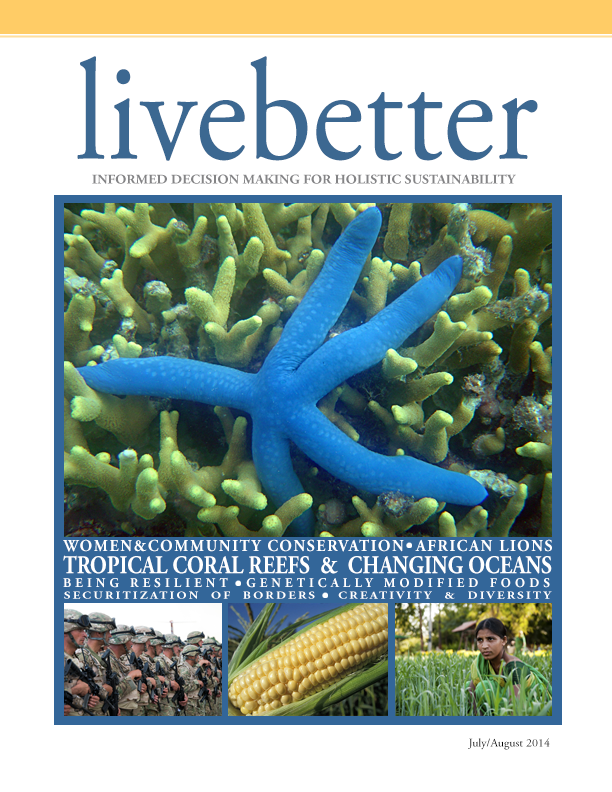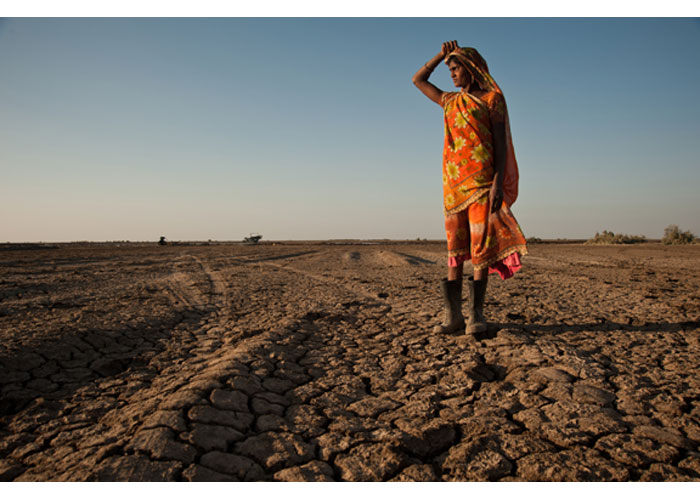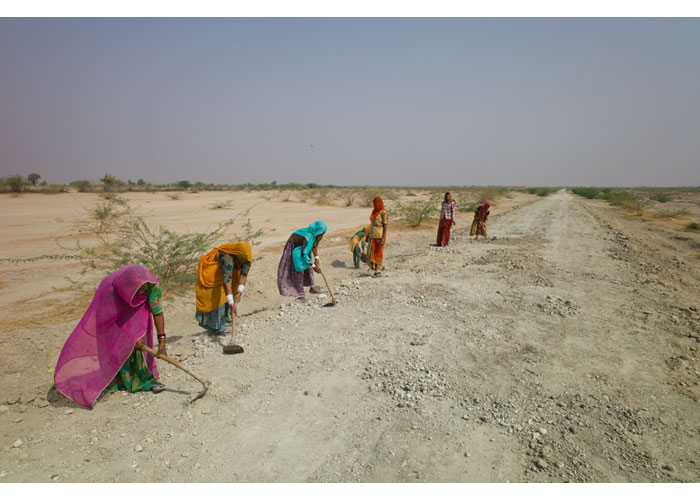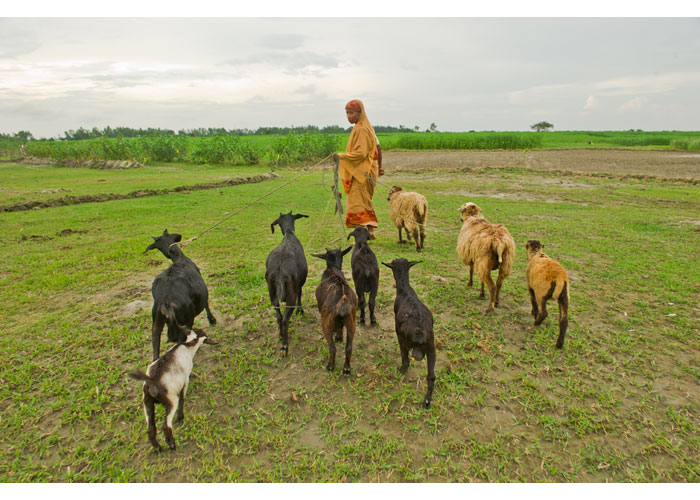Leading Consumer Group Files Official Comments with USGBC Objecting to LEED’s Forest Certification Monopoly
Filing cites new report revealing increased consumer costs, billions of losses to U.S. timber industry and poor environmental performance.
WASHINGTON, Oct. 24, 2012 /PRNewswire-USNewswire/ – Leading consumer organization the American Consumer Institute (ACI) Center for Citizen Research, today filed official comments with the U.S. Green Building Council (USGBC). ACI cites key findings of its new report that show marketplace confusion over certification standards. Such standards could be driving prices up nearly 20 percent for those who are willing to pay more for sustainable wood and paper products but may not actually be getting something that is better for the environment. In their comments ACI urges the USGBC to adopt a more inclusive participation of certification programs, finding that the organization’s current recognition of a single forest certification, the Forestry Stewardship Council (FSC) standard, is problematic – both in terms of the economic costs and environmental benefits. Specifically:
- The decision by the USGBC to use only FSC for its LEED rating system upsets the balance between economic costs and environmental benefits by – 1) decreasing economic viability at home; 2) increasing consumer prices; and 3) potentially putting the environment at risk.
- The adoption of FSC works to exclude three-quarters of the nation’s certified forests, because 90% of FSC certified lands are outside of the U.S.
- Based on a recent study by ACI, the single standard was found to raise consumer prices by upwards of 20%, result in billions of dollars in economic losses, and potentially put the world’s environment at risk.
While consumer costs increase, there is no evidence that the world’s environment is better off with an FSC-only standard. Because of FSC’s disparity in standards across the globe, the reliance on the FSC standard may incentivize the harvesting of wood in more environmentally risky locations. For example, due to the heterogeneous standards between countries, it is easier to take wood from virgin forests in Russia than a well-managed and controlled forest in the U.S. A regulatory bias for foreign wood could lead to an increased importation of foreign timber, thereby adding transportation costs and creating other environmental harms whose costs are ultimately burdened by the American consumer. Higher wood prices in the U.S. will also encourage consumers to substitute for less environmentally-friendly materials, including concrete, plastics and steel.
“In rejecting LEED in its current form, the USGBC would join the hundreds of elected officials nationwide and thousands of individuals and groups with expertise on land management who favor a more inclusive standard,” said ACI President Steve Pociask.
“A system that recognizes multiple programs would better maintain competition and encourage U.S. producers to more quickly adopt sound forest management practices and produce more environmentally-friendly wood and paper products. In turn, this would also incentivize organizations to achieve social and environmental benefits that are in balance with keeping consumer prices affordable and job creation on the rise.”
The report was authored by the President of the American Consumer Institute Center for Citizen Research Steve Pociask and Joseph P. Fuhr, Jr., a professor of economics at Widener University and a senior fellow for the Institute. The American Consumer Institute Center for Citizen Research is a 501(c )(3) nonprofit educational and research institute. For more information and a copy of the filed comments, visit www.theamericanconsumer.org.
CONTACT: Jamie Rhoades, JRhoades@QuartusStrategiesLLC.com, +1-202-306-1546




























